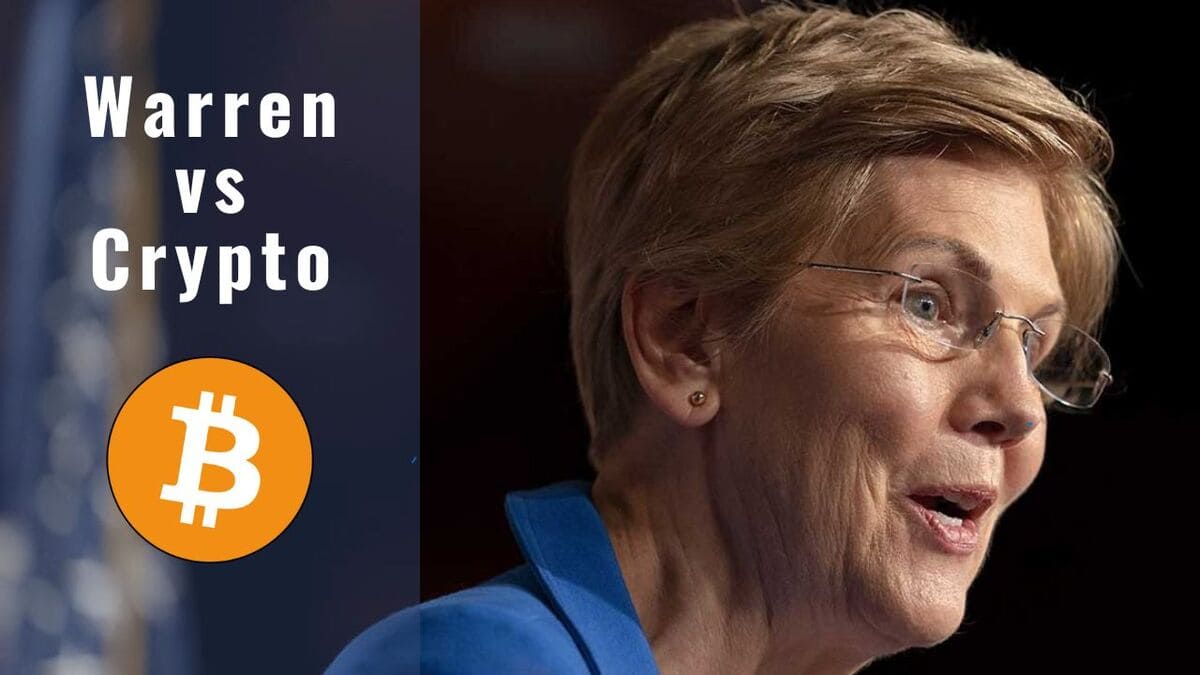






Residents of Granbury, Texas, are experiencing a health crisis believed to be linked to a nearby Bitcoin mining facility. Over 40 people have reported symptoms such as hypertension, heart palpitations, chest pain, vertigo, migraines, and panic attacks. The noise from the mining facility, which exceeds legal noise ordinances, is believed to be the cause. The mining industry is growing rapidly in Texas, but there have been no major medical studies on the health impacts of living near a Bitcoin mine. The residents are exploring political and legal avenues to address the issue, including potential civil nuisance lawsuits against the mining company [5ae3ce09].
The Chinese government imposed a blanket ban on all crypto transactions and mining in 2021, leading to a mass exodus of miners to more crypto-friendly jurisdictions. This migration has significantly altered the global distribution of mining power, with the U.S. emerging as the primary beneficiary. Wang also suggested that the Chinese government should reevaluate the importance of crypto in light of the upcoming U.S. presidential election and the possibility of more favorable policies toward cryptocurrencies under the Trump administration [85d87f28].
Bitcoin mining concentration has recently witnessed a resurgence, reaching levels not seen since 2013. Over the past 72 hours, Antpool and Foundry USA have collectively controlled 51.43% of Bitcoin's total hashrate. This concentration has raised concerns about censorship within hashrate and consensus discussions. The U.S. Treasury's Office of Foreign Assets Control (OFAC) has been blacklisting crypto addresses, giving miners the discretion to choose which transactions to process. F2pool and Ocean Pool have faced criticism for filtering transactions, but Ocean Pool's hash power remains above 450 petahash per second. The evolving landscape of Bitcoin mining highlights the need for ongoing vigilance and monitoring to maintain the principles of decentralization. Comparisons with previous years show patterns of centralization in 2020, 2021, and 2022. The current state of Bitcoin mining calls for a debate about the network's integrity and the future of mining [741a2cfc].
Censorship resistance in blockchain technology refers to the ability of a system to resist attempts to censor, alter, or stop the flow of information. It is achieved through decentralized systems that function without a central authority or control, ensuring the free flow of information even in the face of censorship attempts. Blockchain technology provides anti-censorship features such as a dispersed network of computers, immutability of data, transparency, and encryption. Consensus mechanisms, like proof-of-work and proof-of-stake, play a crucial role in achieving censorship resistance. Bitcoin achieves censorship resistance through its decentralized consensus mechanism, pseudonymity, and decentralized governance. However, there are challenges to maintaining censorship resistance, including the centralization of mining power, legal and regulatory constraints, and threats to anonymity and privacy. The future of censorship-resistant blockchains relies on privacy-enhancing innovations and continuous research and development [406e7987].
The battle for transparency in the crypto industry is at the forefront. While regulation aims to protect investors and prevent fraudulent activities, censorship goes against the core principles of decentralization and trustlessness. The industry must find a balance between these two opposing forces to ensure the long-term success and adoption of cryptocurrencies [cc828bb0].
On the other hand, F2Pool, one of the largest Bitcoin mining pools based in China, has been accused of selectively censoring transactions that are sanctioned by the Office of Foreign Assets Control (OFAC). The mining pool, which sources hashrate from around the world, was found to have excluded four transactions from blocks. This is the first known instance of a non-US actor complying with US sanctions, raising questions about the censorship-resistance of the Bitcoin blockchain. The incident sparked discussions about the importance of privacy tools and mixing services to counteract censorship. However, recent government moves to ban such platforms make it challenging to maintain privacy. The crypto community is exploring ways to incentivize hashrate to exit regulated companies like F2Pool. Despite concerns about an exclusionary future for the Bitcoin network, some experts believe these fears are exaggerated [741a2cfc].
In the world of cryptocurrencies, two major themes have emerged: the need for regulation and the battle against censorship. These themes are highlighted by recent events involving Sam Bankman-Fried's conviction and the accusations against F2Pool for censoring OFAC-sanctioned Bitcoin transactions [0e04e407].
Sam Bankman-Fried, the founder of FTX, was recently convicted for wire fraud and money laundering. This has sparked renewed discussions about the need for regulation in the cryptocurrency industry. While some argue that existing laws are sufficient, others believe that specific regulations are necessary to drive out unscrupulous actors and restore trust. Countries like Albania, the UK, and the European Union are already implementing or considering crypto regulations, while the US is still deliberating on the best approach [0e04e407].
Senator Elizabeth Warren criticizes cryptocurrency mining operations in the United States, citing threats to national security and energy infrastructure. Warren claims that a significant portion of mining facilities is owned by Chinese nationals and could be used for espionage or to compromise the power grid. Support for Warren's proposed legislation is decreasing, as demonstrated by Senator Roger Marshall's withdrawal from a key bill on anti-money laundering for digital assets. Warren's arguments are criticized for lacking in-depth analysis and being politically motivated. The debate on the environmental impact of cryptocurrency mining is more nuanced, with studies suggesting it can help manage energy supply and demand. Warren also claims that foreign investors use cryptocurrencies to evade anti-money laundering regulations, but this overlooks other areas of the financial system that require oversight [98592b49].